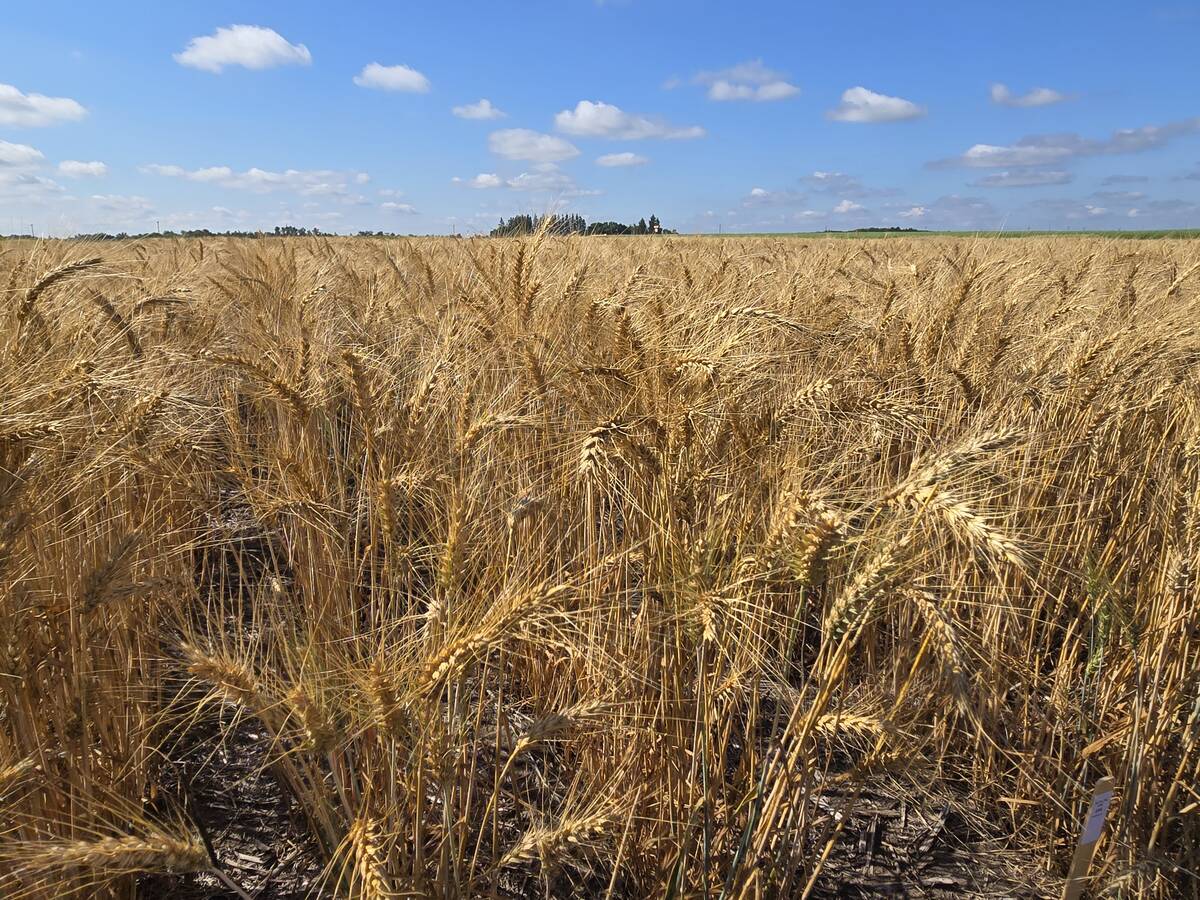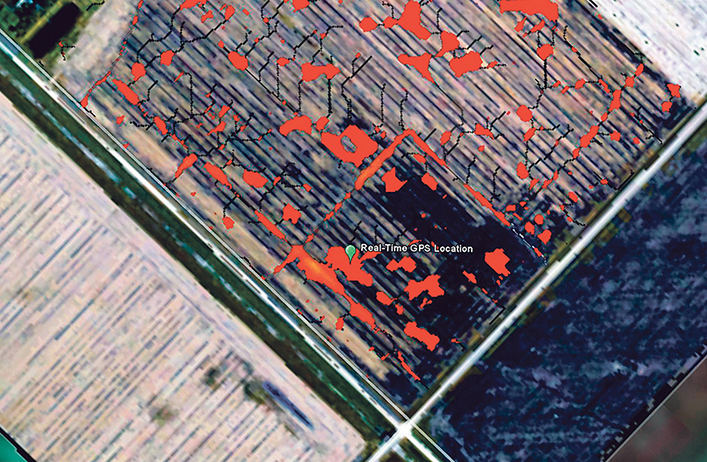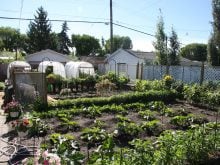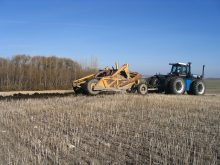New platform links farmers with a network of experts for support with agronomy, markets and mental health
One of the best ways farmers can prepare their business for whatever the future might bring is to ensure the information they base their decisions upon is reliable and timely.
The variables growers must monitor to maximize their farm’s profitability are vast and complicated, and there are new sources of agricultural information popping up like spring gophers on Saskatchewan rangeland.
While the data sets many of these new apps, sensors, equipment analytics and algorithms provide are about as useful as gophers, some do hit the mark and farms that use them benefit.
Read Also

Fall rye hits record high in Manitoba
Winter cereals 2025: More Manitoba fields grew fall rye in 2025 than ever before, but winter wheat slipped and, while spring stand survival was good, drought took its toll
A key technology that enables farmers to use many of the new and improved data sources is advanced farm-management software.
Farmers who have yet to jump on the digitization bandwagon should likely consider getting on board, and not just because they can present vast amounts of data in an easy-to-understand way.
Instead, it’s because it’s only a matter of time until farmers will be at a major disadvantage if they do not capture, use and present production data from their farm, said Robert Saik, chief executive officer of AgVisor Pro.
“I think there’s two chasms going on right now in agriculture. There’s the whole chasm of what I call urban farming versus commercial farming, so that chasm is growing. But there’s a bigger chasm growing right now between farmers that are taking on digitization and those that don’t,” Saik said.
“You can exist today as a traditional farmer using traditional methods, but I don’t believe that you could stay successful going forward if you don’t embrace the digitization of your operation.”

Saik is not currently involved in a company that manages a farm’s production data, but he has worked on the digitization of agricultural data for decades including the launch of AgriData solutions in 2000.
It was one of the first fully online platforms for agriculture that was eventually bought by Trimble.
Saik was also a big part of Agri-trend, which launched in 2007 and was among the pioneering precision ag companies on the Prairies.
He also worked with the Beaujot family and became the CEO of DOT, the agricultural robot manufacturer, until it was purchased by Raven, which in turn was bought by CNH Industrial last June.
Now, Saik is the CEO of AgVisor Pro, an agricultural connectivity platform that gives farmers, ranchers and agri-businesses the ability to connect with a network of industry experts for support with agronomy, crop protection, market assessment, mental health, animal health, feed, farm real-estate, insurance, succession planning, and mechanical assistance with ag equipment.
He said farms will soon face much more scrutiny than they do today and they will have to go through what he calls digital gates.
For instance, farmers will have to provide more information in terms of how crops are grown because that’s what consumers demand, and this move towards transparency will transform how data are managed.
“Up until now you could choose to adopt digital technology or not. But as we look into the future that’s going to be the price of entry. If you can’t eventually provide the kind of support data and analytics that the purchasers of your crop or cattle are looking for, I think you’re going to be increasingly hampered,” Saik said.
“This may not happen next year, but it’ll certainly happen in the next five years for sure.”
He said there is still a significant problem of connectivity between various agriculture software and hardware products.
“Too many of the platforms still simply don’t talk to each other cleanly,” Saik said.
“I liken it back to the days where we had Case hydraulic ends and John Deere hydraulic ends and Pioneer hydraulic ends, and nothing really worked very cleanly. You’re always covered in hydraulic oil, and I think farmers today are covered in digital hydraulic oil.”
He said he used to be convinced that one or only a few platforms would take over the digitization of farm data.
But now he doesn’t think this is the case because farms are too varied and there will likely be many brands of software and hardware solutions that will find a home on Canadian farms.
“There’s going to be farms using many combinations of farm software and applications that farm technology integrators need to cobble together to speak to each other,” Saik said.
“You have to figure out how to make all those things talk because farmers will make different decisions on pieces of the digital architecture based on their own individual needs.”
He said John Deere offers hardware and software in an encompassing digital ecosystem, and it is emerging as the Apple of agriculture.
Apple is known for its success at building a proprietary and relatively closed hardware and software environment that closely controls how other technologies interact with it.
“So, the question is who’s going to emerge as the Android. That’s what I’m watching fairly closely, because that to me could emerge as the other side of the equation,” Saik said.
He said there are companies jockeying for a position in that space including a company that Bosch recently created called Nevonex.
Nevonex enables the execution of digital services directly on agricultural machinery with a joint ecosystem approach that makes agricultural machinery smarter with the help of a Nevonex retrofit kit and the company’s digital services.
“I think we’re going to see the emergence of translation platforms, but they don’t exist right now. So, for the short term, farm technology integrators are going to be very important so that farms can take advantage of the capability and the opportunities that are there with these technologies,” Saik said.
“Sooner or later technology will solve this translation of data, but in the short term it is still going to be up to us as human beings to solve these problems. That’s why I feel the programs that are going on at Assiniboine Community College and Olds College and Lakeland College are so critical, because we need these farm technology integrators kicked out of these schools, and we needed them yesterday.”
















